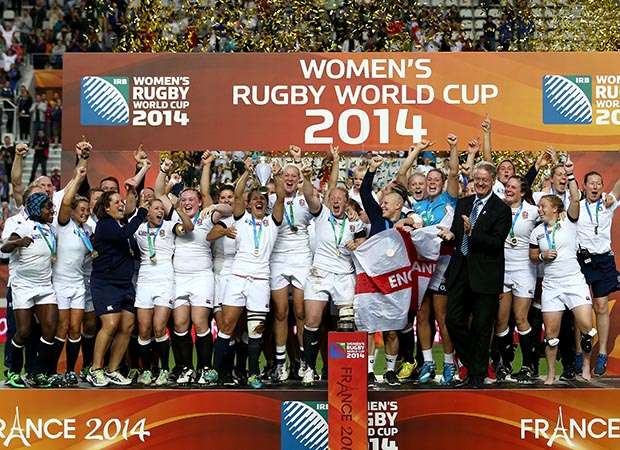 With the RFU and the Premiership congratulating themselves on reaching an eye-watering £200 million plus funding agreement, there are some voices of doubt from within the ranks of the clubs in the Premiership.
With the RFU and the Premiership congratulating themselves on reaching an eye-watering £200 million plus funding agreement, there are some voices of doubt from within the ranks of the clubs in the Premiership.
A windfall that almost doubles the money received in the last agreement with a potential promise of even more for the second stage of the eight-year agreement has not been greeted with the unbridled joy you would expect.
Some clubs are already experiencing a negative impact on the cost of signing new or established players, including Exeter‘s Tony Rowe and Gloucester‘s Stephen Vaughan who has raised the issue of keeping wages sensible in relation to the size of the sport.
As the clubs revenues increase, so does the demand from players and agents for a bigger share of the cake, despite the fact that no club would be in profit were it not for the substantial payments they receive from the RFU.
For many of the journeymen players who will never make the EPS, the chance to increase their earning for what is a relatively short working career is not only welcome but also essential if they are to survive when their playing days are over. Unfortunately, it will not be those players that reap the lion’s share of any wage increases. With a limited supply and a big demand for the best players, it enables agents to make a killing either in the transfer market, or with new ‘improved’ contracts with the threat of moving.
Rugby, despite its profile, is a relatively small sport in participation and supporter terms with only the international game generating the level of funds to sustain a professional game.
The mission statement to grow professional rugby and make it sustainable seems a little farfetched to me, given the gulf that has now been created in the funding between the Premiership and the rest of the game.
I say the rest of the game; I should say the Championship because the RFU gave up funding the rest of the game some time ago.
Yes, they help with loans for facilities and a bit towards travel, but in terms of funding the leagues below the top two, there are no regular payments to all clubs.
To me it is obvious for a sport to grow you need to be funding the grassroots as that is where the largest number of participants take part. Funding only the top professional league will not increase the number of those participating in the professional game, as there are only a limited number of clubs playing at that level with a limited number of teams. The total number of professional players based on RPA membership figures, is around 650, which is less than 0.5 per cent of the total number of adult players the RFU have on their register.
The 650 includes players from the Championship and the women’s game, neither of which will benefit from the new deal, making it seem even more incredible that such a large sum should be invested for the benefit of so few players and clubs.
The old chestnut of player welfare is being rolled out again – with the benefit of an extra weekend (one game) rest if a player exceeds a certain number of minutes in either the Autumn Tests or Six Nations.
In my opinion, any benefit accrued by increased rest periods from internationals will be outweighed by an uprated Anglo-Welsh Cup as the Welsh regions and the Premiership improve the standard of the teams they field in their efforts to increase sponsorship and TV revenue for what is currently a second rate competition.
The talk of partnership between the RFU and Premiership just doesn’t ring true. How is it a partnership when one partner is holding all the cards forcing the other to agree to terms?
The Premiership insist players can be picked for the EPS only from within their ranks but the RFU must pay for their release. The Premiership clubs have a certain number of EQP in their match day squads but only because the RFU pay for their inclusion.
Every step of the way the RFU pay for the use of the players, despite the fact that it is the success of the national team that continues to drive and create interest in the game that far outweighs any influence of the club game.
No more is that demonstrated than in the women’s game where continual international successes have raised the profile of not just the players but the sport as well.
So much so, that the RFU have decided to do something that they should have done 21 years ago in the men’s game: they are offering central contracts to an increased number of the elite women’s squad.
At the moment the clubs have not reacted to the potential precedent this sets as the women’s game is still growing but is not yet big enough to stand alone and has to be supported by established male-dominated clubs.
However, if the women are successful in Rio at the Sevens and then add a back-to-back World Cup victory, they might just turn out to be a far better investment by the RFU in the growth of rugby participation than the £200 million extracted under duress by the Premiership.























